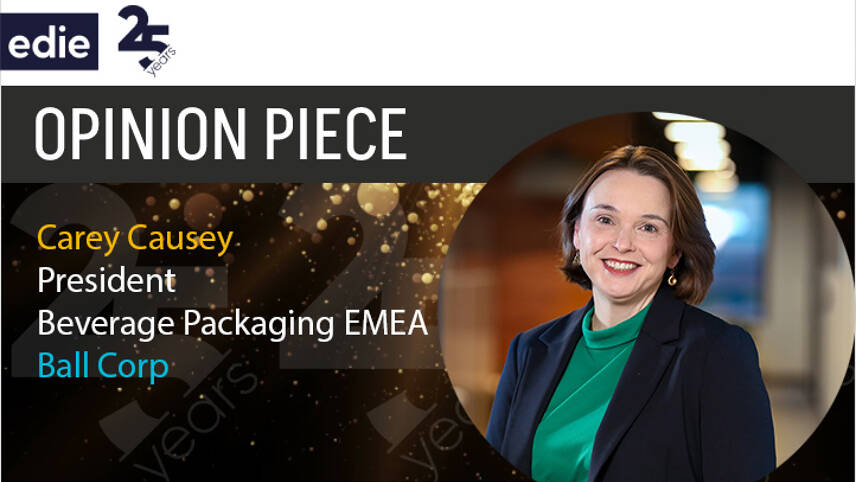Register for free and continue reading
Join our growing army of changemakers and get unlimited access to our premium content

At COP27 in Sharm El-Sheikh last year, UN Secretary-General António Guterres issued a passionate cri de coeur to the world’s biggest businesses. Mr. Guterres called on companies to “walk the talk on their net zero promises“. The planet, he said, should no longer have to suffer the worst excesses of “slow movers, fake movers or any of form of greenwashing”
The Secretary General’s comments marked the launch of a landmark report by a United Nations Expert Group on civil society net-zero commitments. The report painted a lucid picture of the scale of the challenge facing all those in the business of tackling the climate crisis. Over the past half a century, global wildlife populations have been reduced by some 70% due to manmade climate change.
The analysis preceded worrying research by the Intergovernmental Panel on Climate Change (IPCC) published in March this year. IPCC research revealed world surface temperatures have increased faster since 1970 than in any other 50-year period over the last two millennia. Today atmospheric carbon levels are higher than at any time in the last two million years.
Now more than ever before, the world requires businesses to set out actionable plans not well-intentioned pledges to accelerate our collective transition to net-zero.
Last year the UN prescribed five crystal-clear criteria businesses should adhere to as they set out their emission reduction plans. Led by former Canadian Environment Minister Catherine McKenna, the Expert Group on Net-Zero Commitments said companies should set out a toolkit of measures that deliver significant near— and medium— term emissions reductions on a path to global net-zero by 2050. These ambitions, the group said, should be delivered with integrity and in a way that would hold companies to account should they not be achieved.
The group was clear that for these plans to be meaningful, companies should be held to radical standards of transparency. It added that net-zero plans should be rooted in science and be subject to third-party scrutiny. Finally, the UN said carbon reduction plans should foster a commitment to equity and justice for the world.
It is in this spirit that Ball Corporation was proud to publish our Climate Transition Plan earlier this year. With a focus on critical emissions reductions by 2030, and additional milestones by 2050 or earlier, the plan includes three technically feasible and economically viable scenarios that account for a degree of uncertainty and the potential for change along the journey. At the heart of this journey to net zero is our commitment to driving forward a real circular economy.
The aluminium drinks can is the most recycled beverage container in human history. But we know there is always more work to do. That’s why we are targeting a huge 90% recycling rate for cans across our regions by 2030. We are also working towards the delivery of an 85% recycled content rate in our packaging mix by the end of the decade. We believe deposit return schemes (DRS) for beverage containers are vital mechanisms to help us boost recycling rates, especially in Europe and the US. A wealth of evidence from around the world points to the fact that introducing deposit schemes with every type of beverage container in scope can be one of the most effective ways to increase recycling.
That is why central to our plan is a commitment to work with Governments around the world to advocate comprehensive DRS systems. Such schemes give consumers a financial incentive to return their used plastic or glass bottle or aluminium can for recycling. These systems too should be accompanied by well-designed extended producer responsibility (EPR) schemes with eco-modulated fees.
A key part of our strategy is to be a major player in the decarbonisation of the aluminium sector. In June last year, we were proud to join the aluminium branch of the World Economic Forum’s First Movers Coalition (FMC) along with our partner Novelis. As members of the FMC, both Ball and Novelis have committed to purchasing 10% of all primary aluminium annually as near-zero carbon emissions by 2030.
Both companies have also committed to ensuring that at least 50% of all the aluminium used annually is sourced from recycled aluminium by 2030. Our plan also sets out a clear methodology for how we will transition to 75% renewable electricity by 2025 and 100% by the end of the decade. As 2030 grows ever closer, it is incumbent on all in business to forge tangible and transparent pathways to net-zero. We believe our transition plan sets out a clear route to a better future for both our business and the world around us.



Please login or Register to leave a comment.